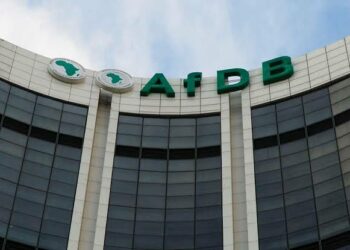Recent research conducted by the World Bank has shed light on the effectiveness of the federal government’s conditional cash transfer program since its inception in 2016. The findings reveal that the program has had little effect on household consumption, financial inclusion, or employment of beneficiaries, particularly women.
The report highlights that despite the government’s efforts, the cash transfer program has not significantly influenced household consumption or women’s employment. The World Bank recommends complementary livelihood support interventions to enhance the program’s impact.
According to the Bretton Woods Institute’s research, there is no statistical evidence to support claims that the program encourages financial inclusion. “However, in contrast to these strong positive impacts, we do not find any statistically significant effects on overall household consumption or on caregivers’ employment and financial inclusion,”the report stated.
Nevertheless, despite its limitations, the cash transfer program has shown some positive outcomes. These include an increase in household savings, improved food security, and increased access to farmlands and livestock among beneficiaries. Additionally, beneficiary households are more likely to save for longer periods and diversify their spending away from exclusively household consumption.
The report also highlights improvements in caregivers’ autonomy in decision-making and freedom of movement. It stated, “We also find improvements in caregivers’ self-reported happiness, decision-making autonomy over how to spend their own income, and freedom of movement.”
The federal government, in collaboration with the World Bank, launched the social safety net program in 2016 through the National Social Safety Nets Project (NASSP). Initially, the government aimed to distribute N5,000 to one million Nigerians as part of a N500 billion social intervention package. The program has been sustained alongside others under President Muhammadu Buhari’s administration.
However, the program faced challenges when the President Tinubu government, through the National Economic Council (NEC), rejected the social intervention register due to credibility issues. Furthermore, corruption allegations surrounding the suspension of the minister of humanitarian affairs, Dr. Beta Edu, brought the federal government’s Social Intervention Program under intense public scrutiny.
In 2023, following the removal of petrol subsidy by President Tinubu, the federal government secured an $800 million World Bank facility to be used for cash transfers to the most vulnerable Nigerians, indicating ongoing efforts to address social welfare issues.





